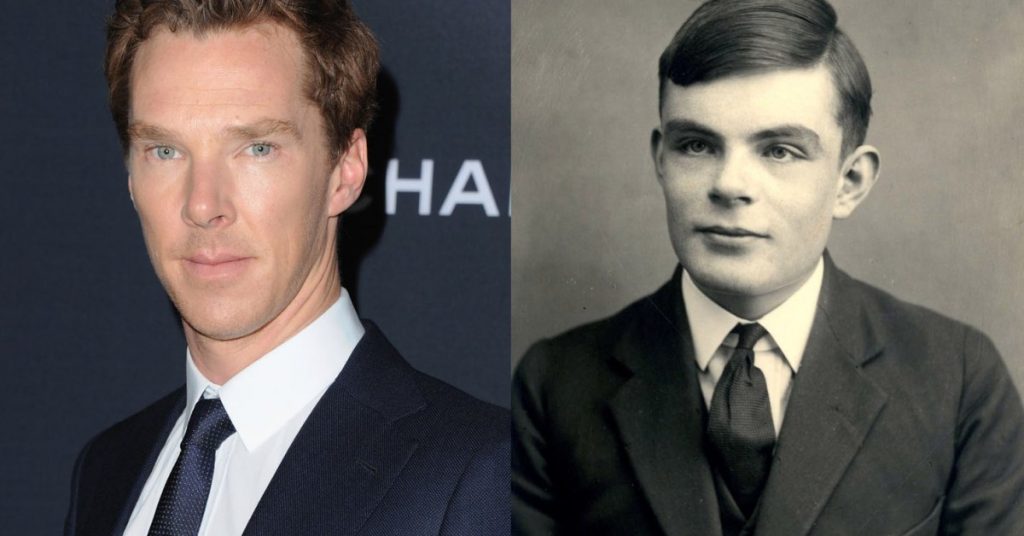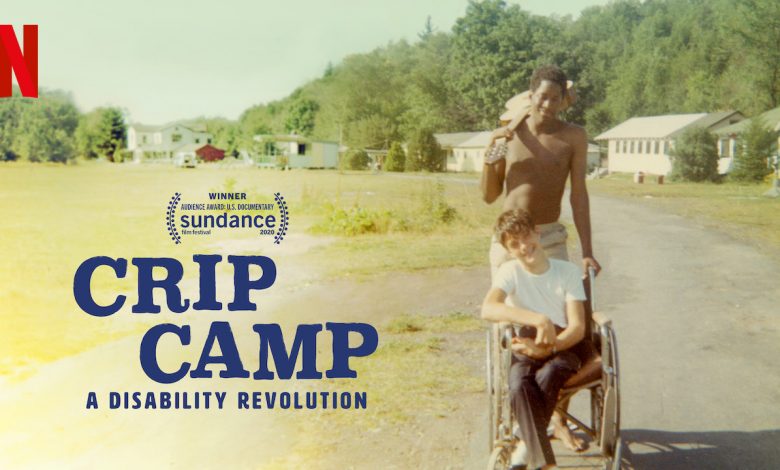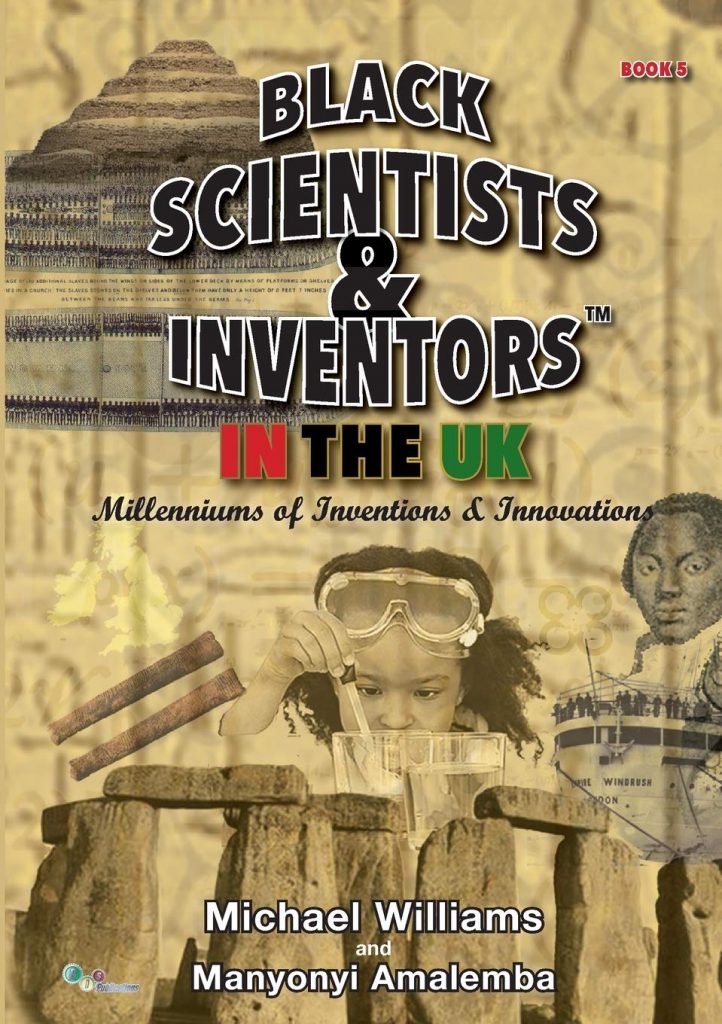Black History Month is a time to reflect and celebrate the impact of black history on our world, our lives and our work. Often called hidden figures or unsung heroes, black scientists have been chronically underappreciated for generations. This Black History Month we’d like to showcase a few, whose advancements have undoubtedly had an impact on the work we do in SNES today.
George Washington Carver (1860s-1943) – Agriculturalist and Botanist
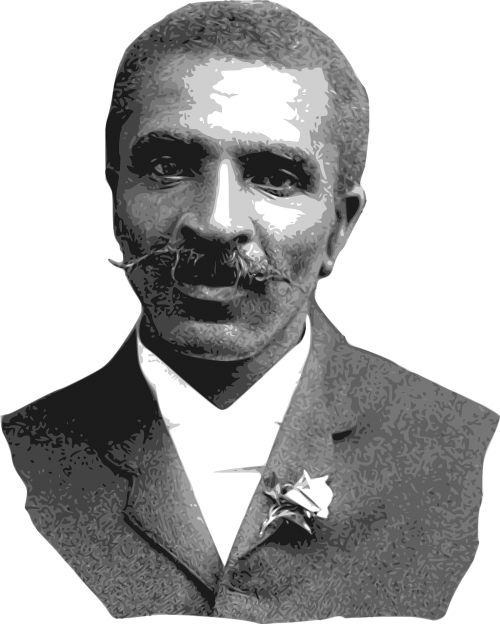
One of the most prominent black scientists of the early 20th century, George Carver Washington was an American agriculturalist, botanist and teacher. His work focused around soil depletion, especially in the cotton growing industry, and trying to improve the lives of farmers through the variation of crops and improvement of soil quality. He was also a leader in promoting environmentalism and was made a member British Royal Society of Arts. A silent colour film of Washington in his home, his lab and his office is available on YouTube and is a fascinating look into his life and work.
Dr St. Elmo Brady (1884–1966) – Chemist
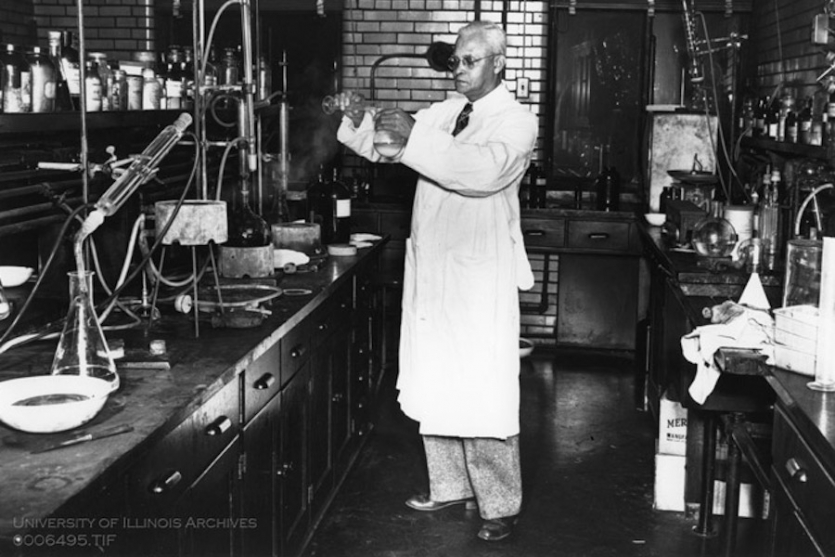
Dr St Elmo Brady was the first African American to receive a doctorate in Chemistry in the USA. After becoming chair of Chemistry at Fisk University, an all-black university in Nashville, Tennessee, he founded the first ever chemistry graduate program at a black university. His areas of research interest included organic acids, infrared spectroscopy, and halogen compounds.
Dr Percy Lavon Julian (1899-1975) – Chemist
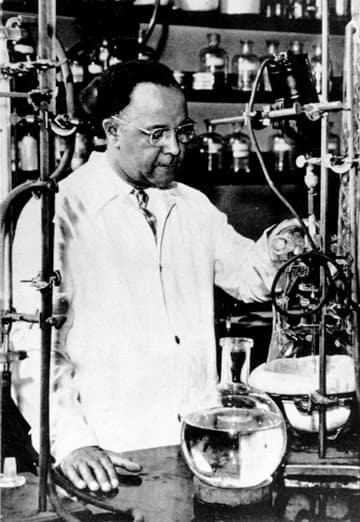
Another one of the first black scientist to receive a doctorate in Chemistry, Dr Percy Lavin Julian was an American research chemist and a pioneer in the chemical synthesis of medicinal drugs from plants. He was fundamental in the development of large-scale synthesising of the human hormones progesterone and testosterone, which laid the foundation for birth control pills. A social activist and campaigner, throughout his life he also sought to improve conditions for African Americans serving on University and commercial boards across the country.
Dr Ernest Everett Just (1883-1941) – Marine Biologist
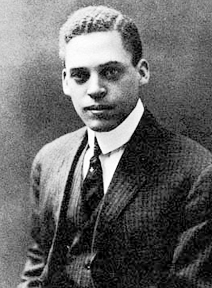
As an embryologist, Dr Just’s experiments with marine invertebrates showed that the egg surface plays an important role in the fertilisation and development of eggs. He advocated the study of whole cells under normal conditions, rather than simply breaking them apart in a laboratory setting, which led to a greater understanding of cell behaviour.
Sources
https://www.biography.com/scientist/ernest-everett-just
https://embryo.asu.edu/pages/ernest-everett-just-1883-1941
https://www.sciencehistory.org/historical-profile/percy-lavon-julian
https://www.sciencehistory.org/historical-profile/st-elmo-brady
https://www.history.com/topics/black-history/george-washington-carver

